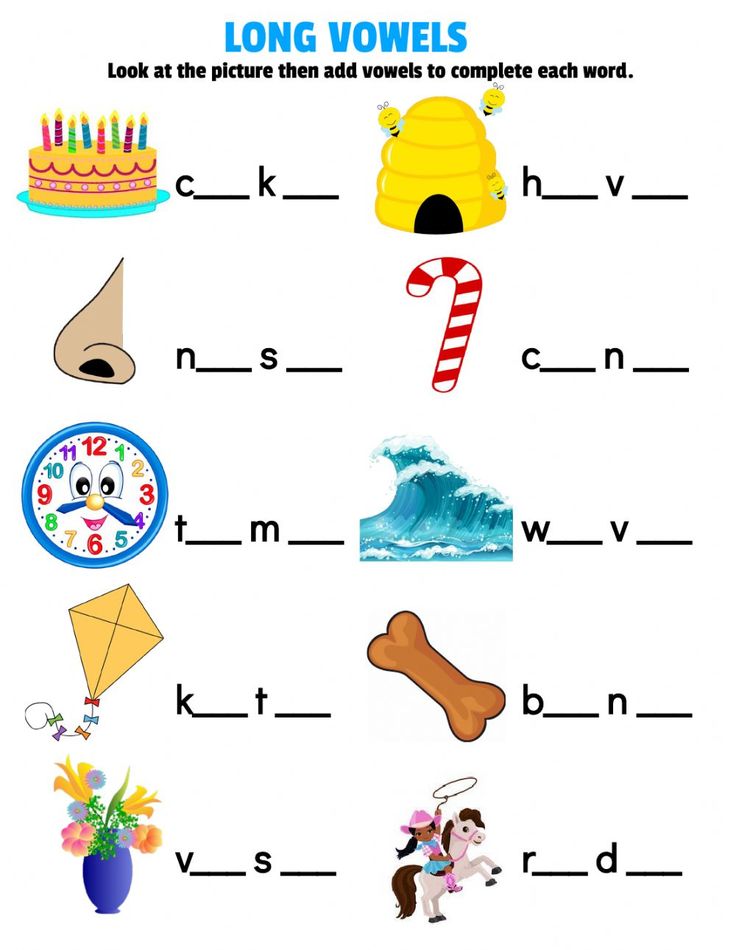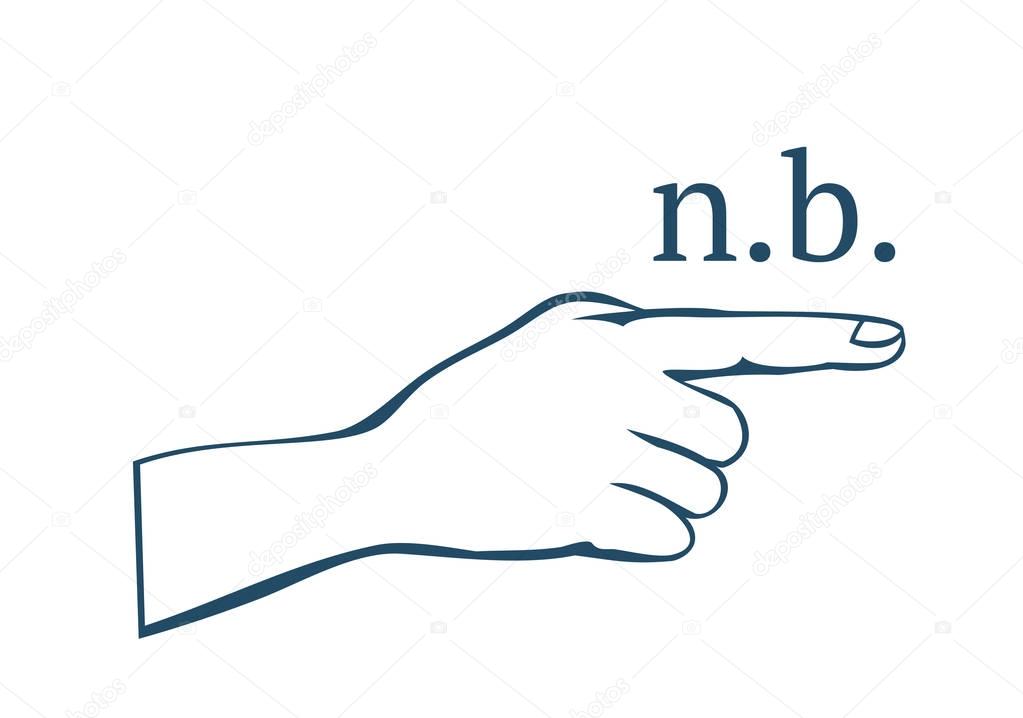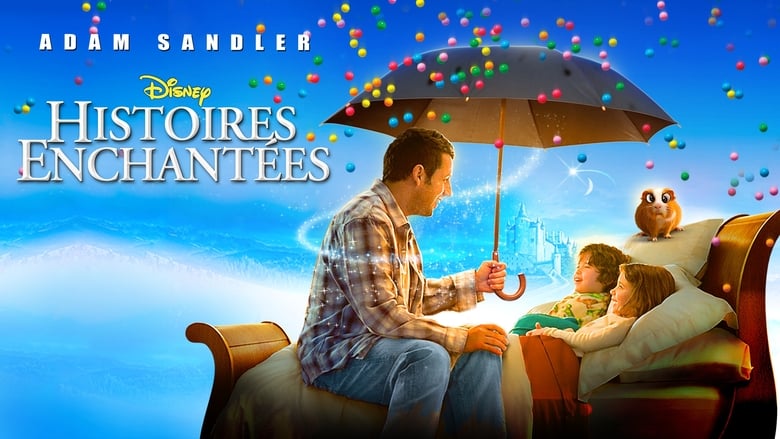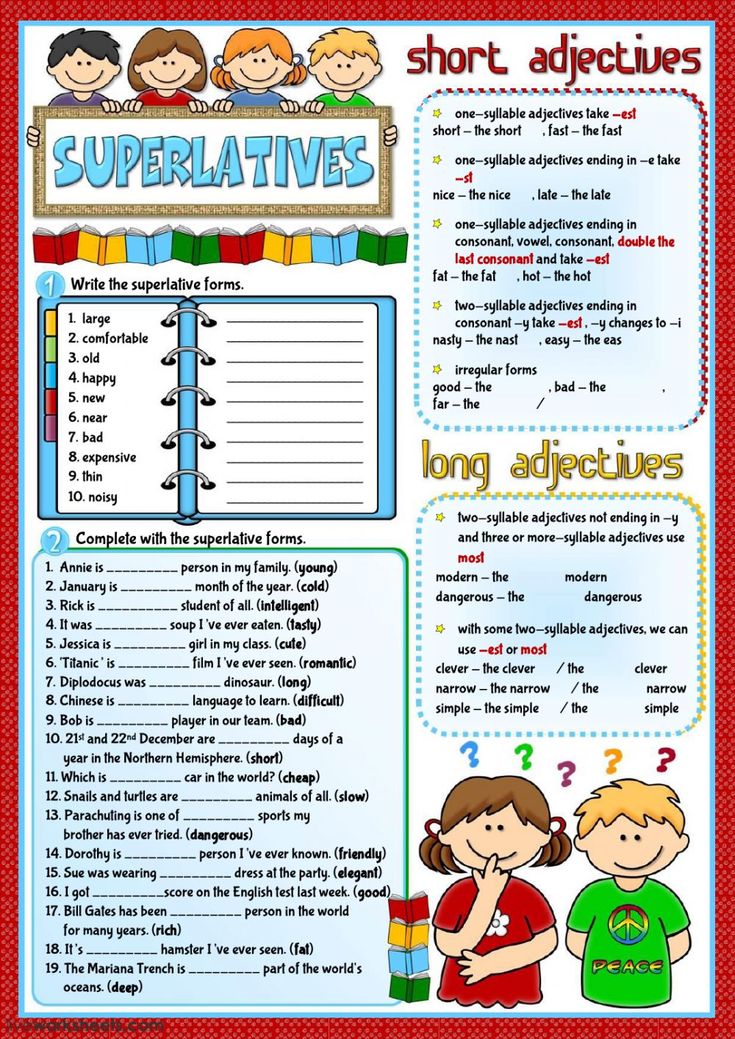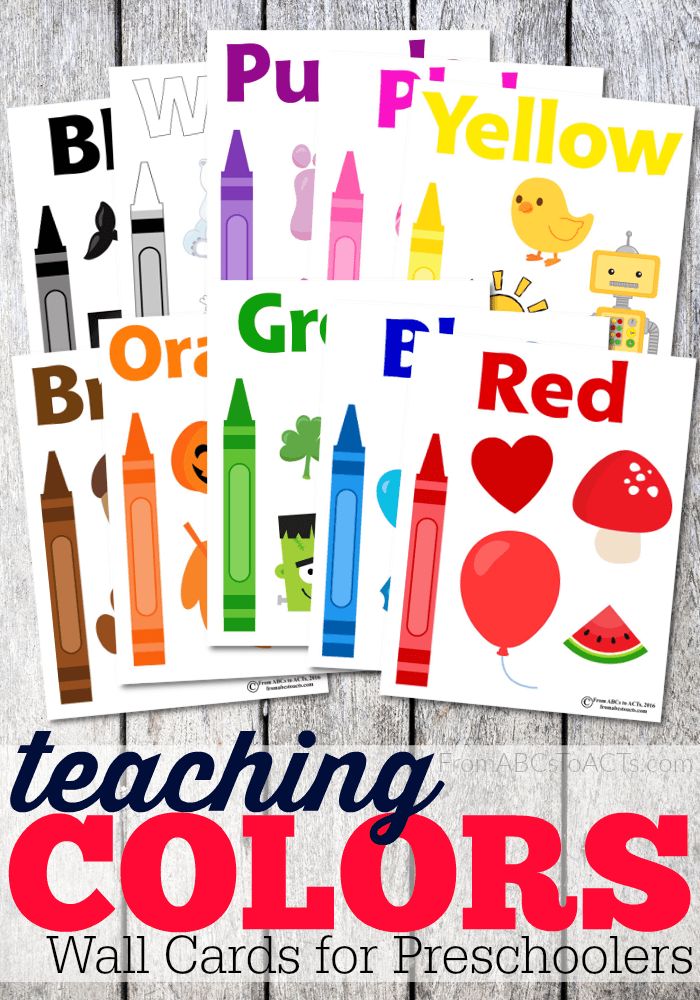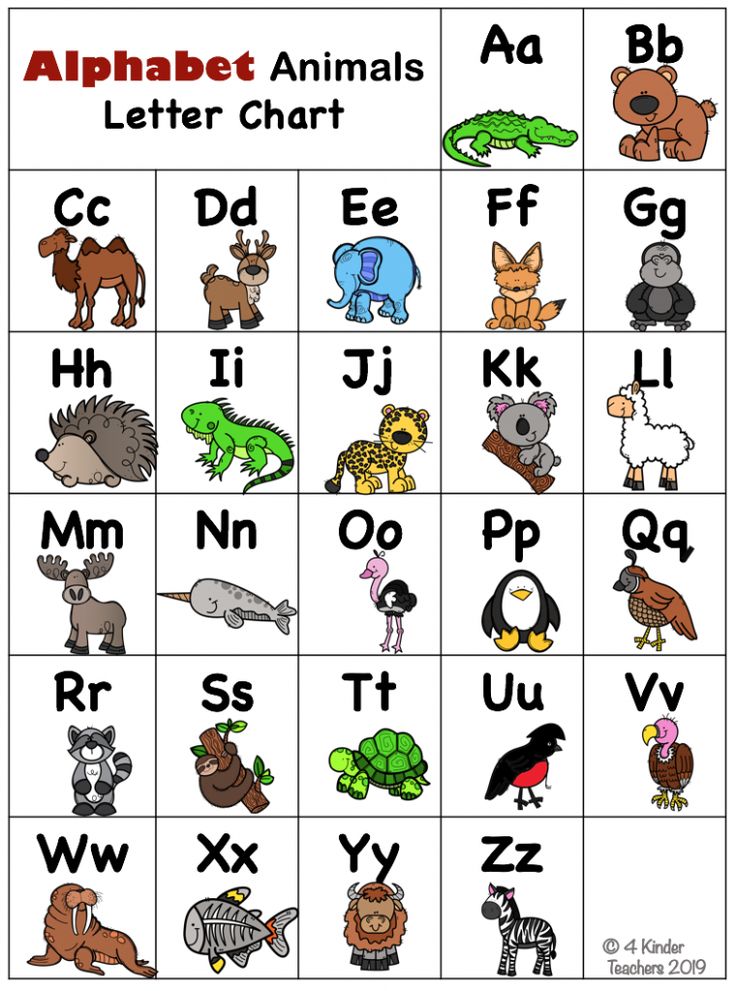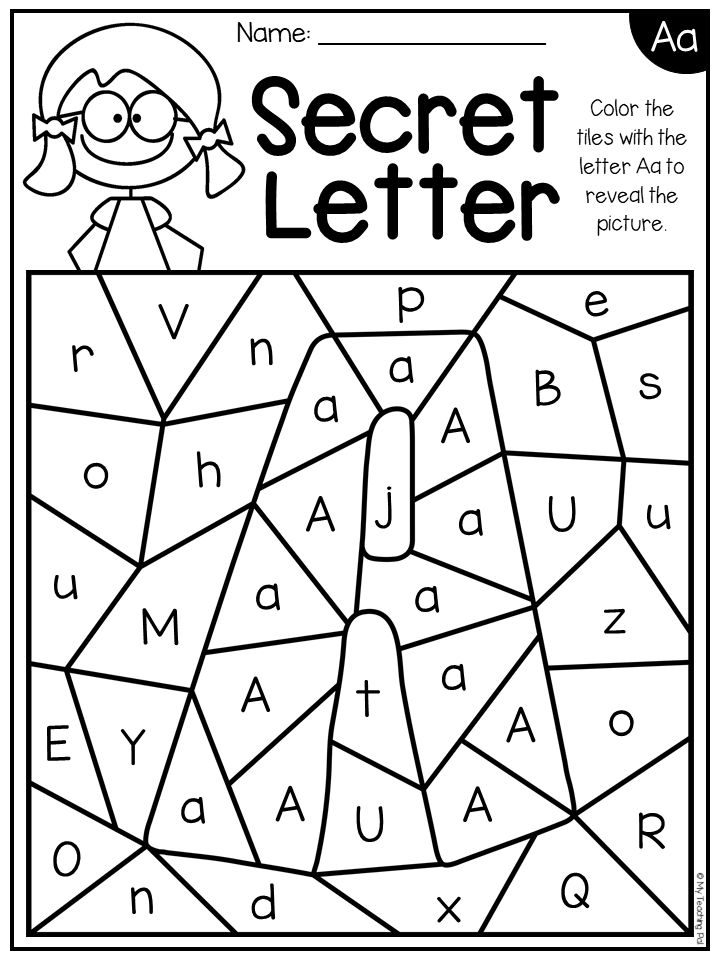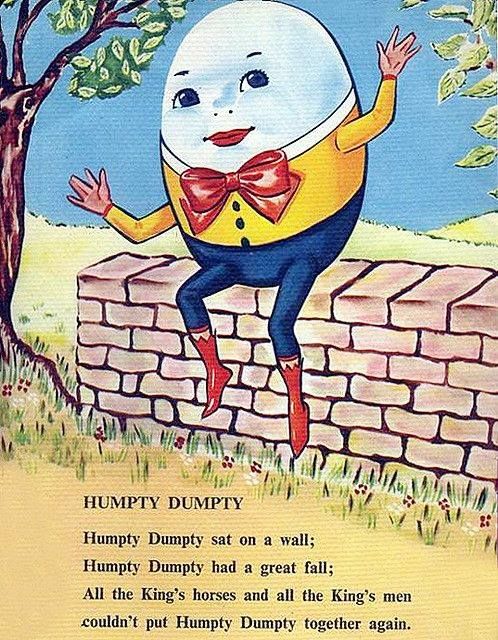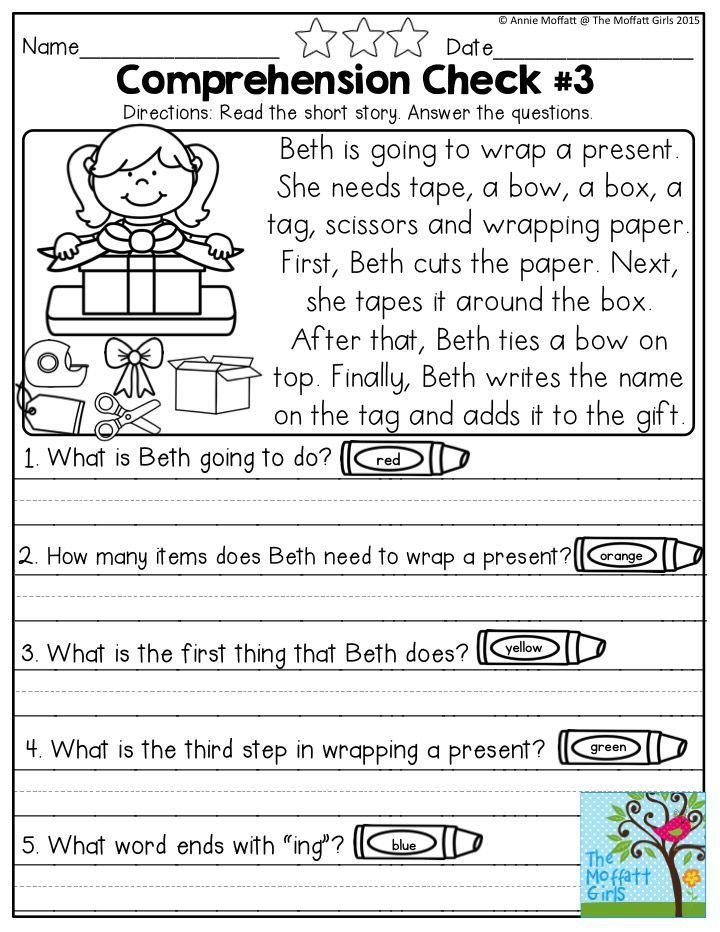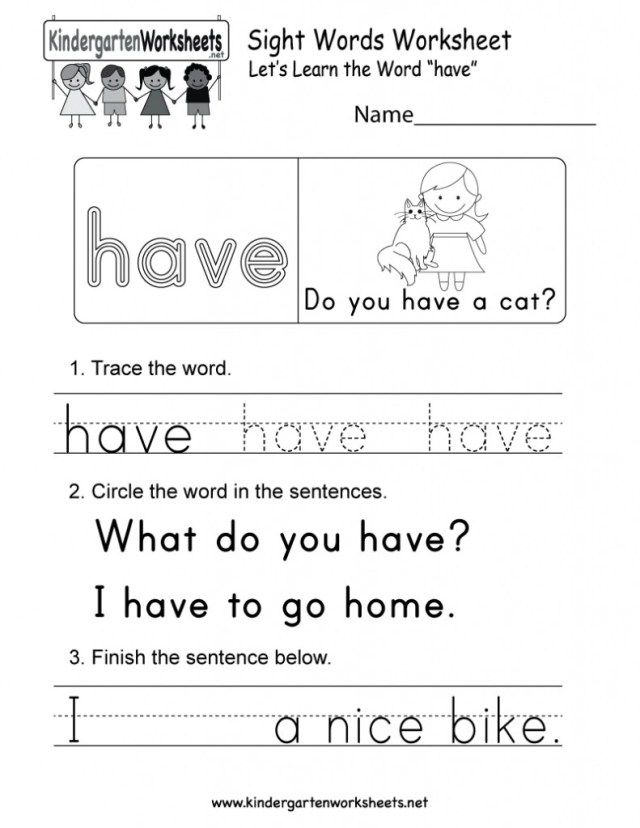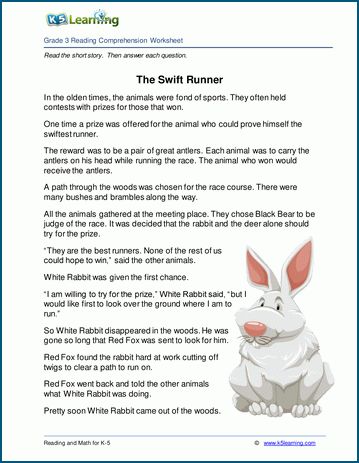Emergent reader and writer
Emergent literacy | Literacy Instruction for Students with Significant Disabilities
“Emergent literacy is not age dependent but is based on experiences with print!”
–Karen Erickson and David Koppenhaver
Who are emergent readers and writers?
Emergent literacy is the term used to describe the reading and writing experiences of young children before they learn to write and read conventionally (Teale & Sulzby, 1986). Emergent literacy begins at birth, regardless of whether or not a child has a disability. For older emergent literacy learners, it is important to keep all activities age respectful.
Emergent literacy is commonly defined as the behaviors of reading and writing that lead to conventional literacy and “comprises all of the actions, understandings and misunderstandings of learners engaged in experiences that involve print creation or use” (Koppenhaver & Erickson, 2003, p. 283), and these experiences are not only necessary but closely related to later literacy outcomes (Justice and Kaderavek, 2004).
Emergent literacy behaviours and understandings are directly related to opportunity and experience. Students with significant disabilities often have the fewest learning opportunities and experiences that lead to literacy.
Students who are emerging in their understandings of literacy are working to understand the functions of print and print conventions. Developing phonological awareness, alphabet knowledge, and important receptive and expressive language skills will eventually allow students to use reading and writing to interact with others. Emergent readers and writers are making discoveries and learning about literacy when they explore literacy materials, observe print within the natural environment, interact with conventional readers and writers, and see models of how and why print is used (Teale & Sulzby, 1992). Examples of emergent literacy behaviors may include interpreting a story through pictures rather than through text, manipulating books in nonconventional ways (e. g., looking at the book from back to front or holding it upside down), scribbling, and the use of invented spelling (Clay, 1993; Koppenhaver, 2000).
g., looking at the book from back to front or holding it upside down), scribbling, and the use of invented spelling (Clay, 1993; Koppenhaver, 2000).
An emergent reader is one who is interested in books but can’t yet read them independently or may be able to read some words but requires continued support to make meaning from print. It could also be a student who is not yet interested in reading books. An emergent reader may have not yet developed intentional or symbolic means of communication.
A emergent writer is one who is learning to use written language to express communicative intent, and beginning writing is defined as starting with emergent writing (drawing, scribbling, and writing letters) and ending with conventional writing abilities, usually acquired by second or third grade for typically developing children. (Strum, Cali, Nelson, & Staskowski, 2012)
Regular participation in reading and writing activities plays a central role in supporting typical children’s understandings about print. Research in emergent literacy shows that students with significant disabilities, including those with complex communication needs, can benefit from the same type of literacy activities used with typically developing children but may require more time and opportunity. Regular participation in reading and writing activities plays a central role in supporting understandings about print for ALL students.
Research in emergent literacy shows that students with significant disabilities, including those with complex communication needs, can benefit from the same type of literacy activities used with typically developing children but may require more time and opportunity. Regular participation in reading and writing activities plays a central role in supporting understandings about print for ALL students.
Many of the studies and literature surveys the last four decades have a common finding: nothing replaces sound early literacy instruction, even when taking into consideration recent technical advances.
If students with significant disabilities are not exposed to reading and writing materials, how can they learn to use them?
Old assumptions
An emphasis on functional skills, rote memorization, and readiness activities typically take precedence over in-depth literacy instruction (Skotko, Koppenhaver, & Erickson, 2004). Literacy development for 70-90% of students with significant disabilities rarely approached conventional literacy skills expected for typically developing students (Koppenhaver and Yoder, 1992).
- Literacy is learned in a predetermined, sequential manner that is linear, additive, and unitary.
- Literacy learning is school-based.
- Literacy learning requires mastery of certain pre-requisite skills.
- Some children will never learn to read.
New thinking
Holistic and explicit instructional approaches to balanced literacy that include daily reading, writing, and word study are critical for all learners, including those with significant disabilities (Erickson, Koppenhaver, & Cunningham, 2006; Sturm & Clendon., 2004).
- Literacy is learned through interaction with and exposure to all aspects of literacy (i.e. listening, speaking, reading, and writing).
- Literacy is a process that begins at birth – there are no prerequisites.
- Literacy abilities/skills develop concurrently and interrelatedly.
- All children can learn to use print meaningfully.
From an emergent literacy perspective, reading and writing develop concurrently and interrelatedly in young children, fostered by experiences that permit and promote meaningful interaction with oral and written language (Sulzby & Teale, 1991), such as following along in a big book as an adult reads aloud or telling a story through a drawing (Hiebert & Papierz, 1989).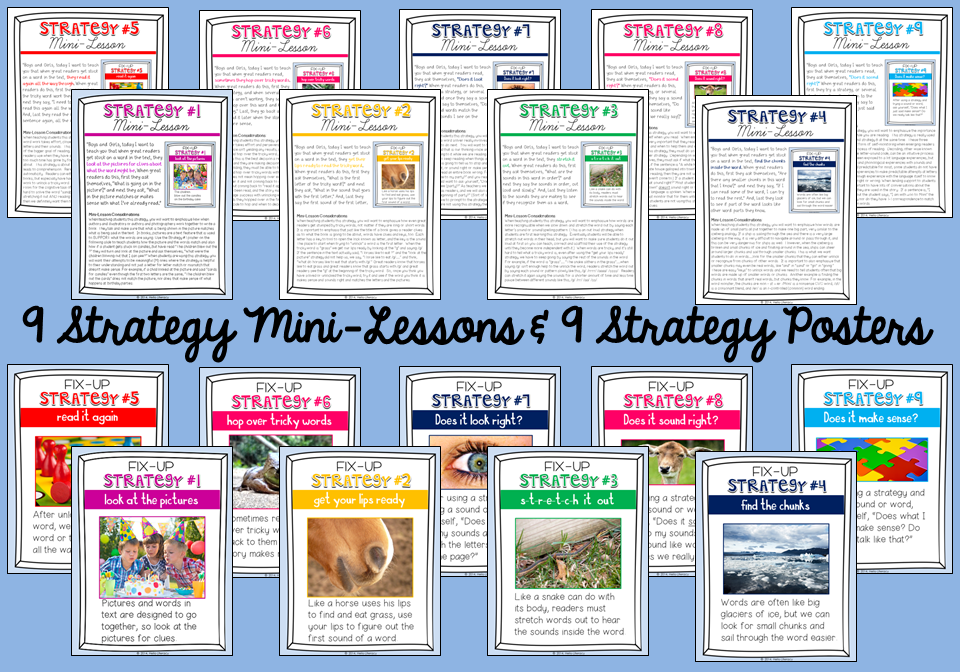
Through the concept of emergent literacy, researchers have expanded the purview of research from reading to literacy, based on theories and findings that reading, writing, and oral language develop concurrently and interrelatedly in literate environments (Sulzby & Teale, 1991).
Where can I learn more?
Learning for All – This Alberta resource offers information, strategies and references for school leaders and teachers working with students with significant disabilities. This content was collaboratively developed through Learning for All, a one-year community of practice (2014-2015) for district leaders and consultants.
Literacy, Assistive Technology, and Students with Significant Disabilities. Karen A. Erickson, Penelope Hatch, and Sally Clendon, Focus on Exceptional Children, Volume 42, Number 5, 2010.
Quick Guide #13 “Supporting Literacy Learning in All Children” by David A. Koppenhaver and Karen A. Erickson (pp. 181-194) in Quick Guides for Inclusion: Ideas for Educating Students with Disabilities, 2nd edition
Research Based Practices for Creating Access to the General Curriculum in Reading and Literacy for Students with Significant Intellectual Disabilities.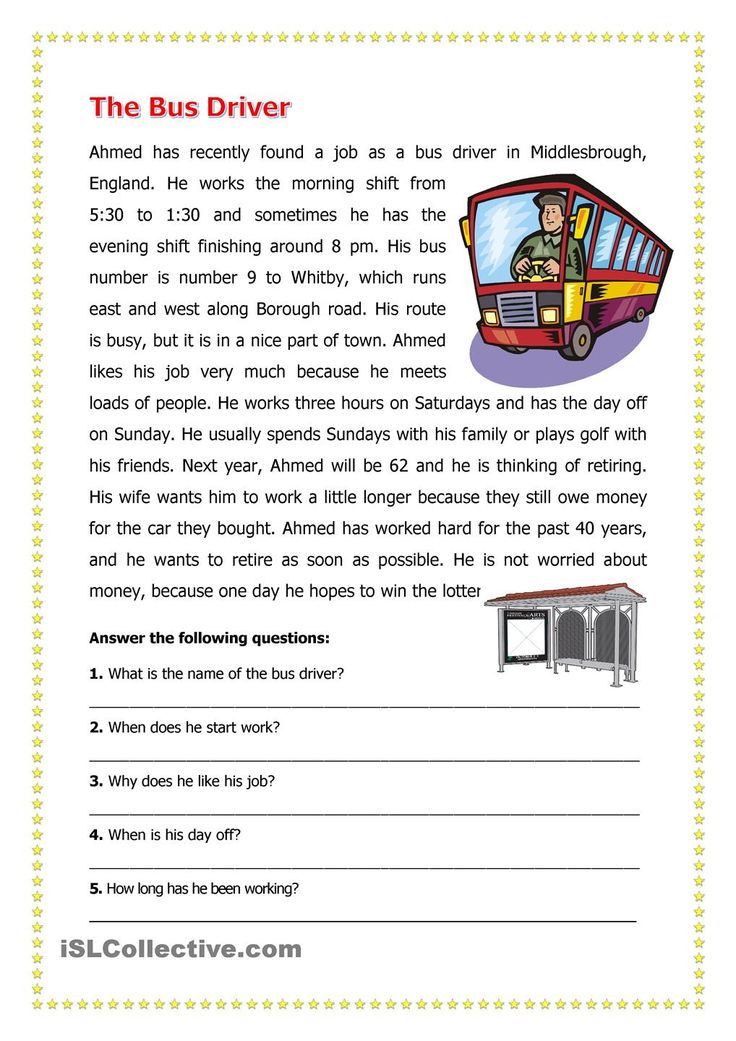 Karen Erickson, Ph.D., Gretchen Hanser, Ph.D., Penelope Hatch, Ph.D., Eric Sanders, M.S./CCC-SLP, 2009.
Karen Erickson, Ph.D., Gretchen Hanser, Ph.D., Penelope Hatch, Ph.D., Eric Sanders, M.S./CCC-SLP, 2009.
Comprehensive Literacy for All is written by Karen Erickson and David Koppenhaver. This is the new version of Children with Disabilities: Reading and Writing the Four-Blocks Way, which was used by the Literacy for All community of practice.
“Literacy improves lives—and with the right instruction and supports, all students can learn to read and write. That’s the core belief behind this teacher-friendly handbook, your practical guide to providing comprehensive, high-quality literacy instruction to students with significant disabilities. Drawing on decades of classroom experience, the authors present their own innovative model for teaching students with a wide range of significant disabilities to read and write print in grades preK–12 and beyond. Foundational teaching principles blend with concrete strategies, step-by-step guidance, and specific activities, making this book a complete blueprint for helping students acquire critical literacy skills they’ll use inside and outside the classroom.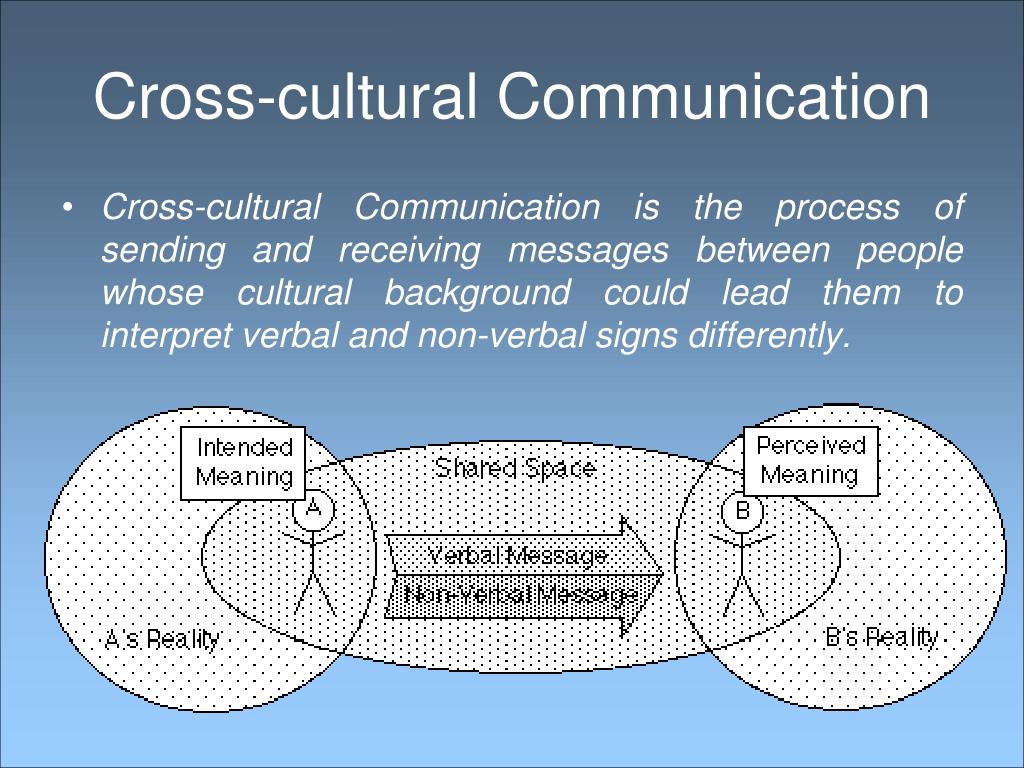 ” (Published 2020)
” (Published 2020)
Preview Comprehensive Literacy for All here.
What It Is And Why It’s Important
What Is Emergent Literacy?
Emergent literacy is the stage during which children learn the crucial skills that lead to writing and reading.
Literacy builds on the foundations of language to include the advanced ways in which we use language to communicate — primarily through reading, writing, listening, watching, and speaking with one another.
Components Of Emergent Literacy
Emergent literacy is made up of several different parts. Your child will encounter these essential components as they begin to explore reading. They include:
- An interest and enjoyment in print — handling books and relating them to their stories or information.
- Print awareness: how to handle a book, reading from left to right. Your child recognizes pictures and some symbols, signs, or words.
- An interest in telling and listening to stories.
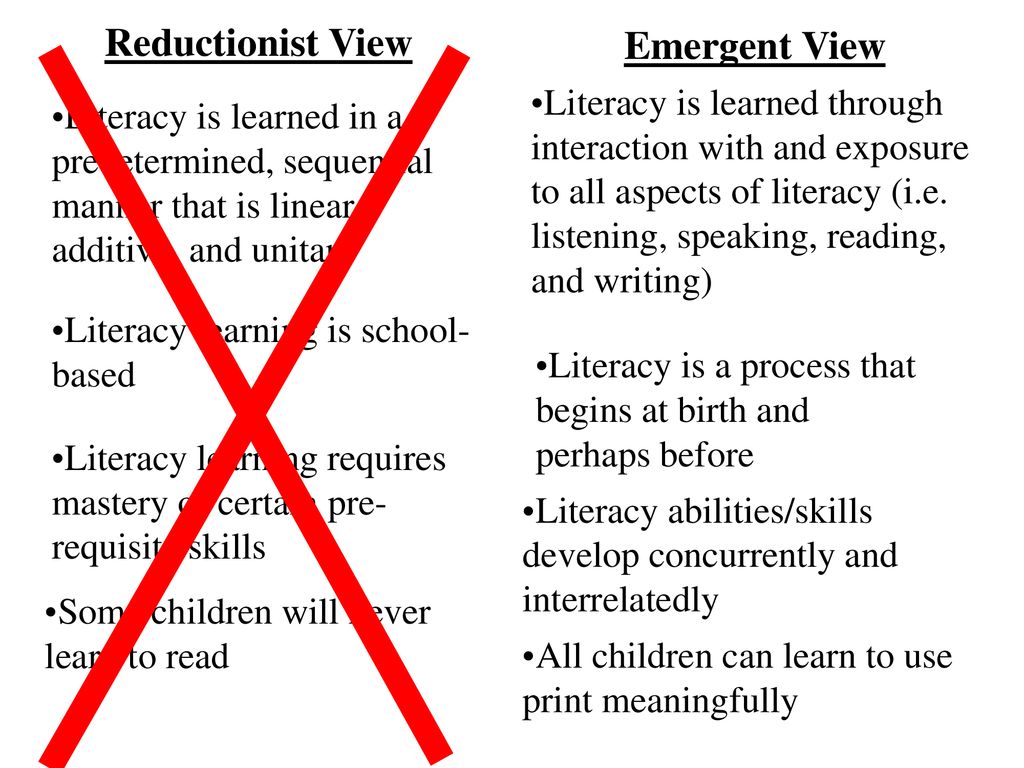 They attend to, repeat, and use some rhymes, phrases, or refrains from stories or songs.
They attend to, repeat, and use some rhymes, phrases, or refrains from stories or songs. - They make marks and use them to represent objects or actions. An understanding that words are made up of letters, recognizing letters when they see them.
- Your child comprehends meaning from pictures and stories.
And the list goes on! Really, emergent literacy components help your child understand the basic tools they’ll need to read all sorts of books and other materials in the future.
Why Is Emergent Literacy Important?
Almost every skill we learn in life requires some preliminary learning in order to finally achieve mastery. For example, you probably didn’t wake up one day knowing how to make pancakes (although if you did, we would love to learn your secrets!).
Instead, you first had to learn what ingredients you needed, how much to measure each item, how long to cook the batter, and so on.
Reading and writing require these same preparatory steps, also known as emergent literacy.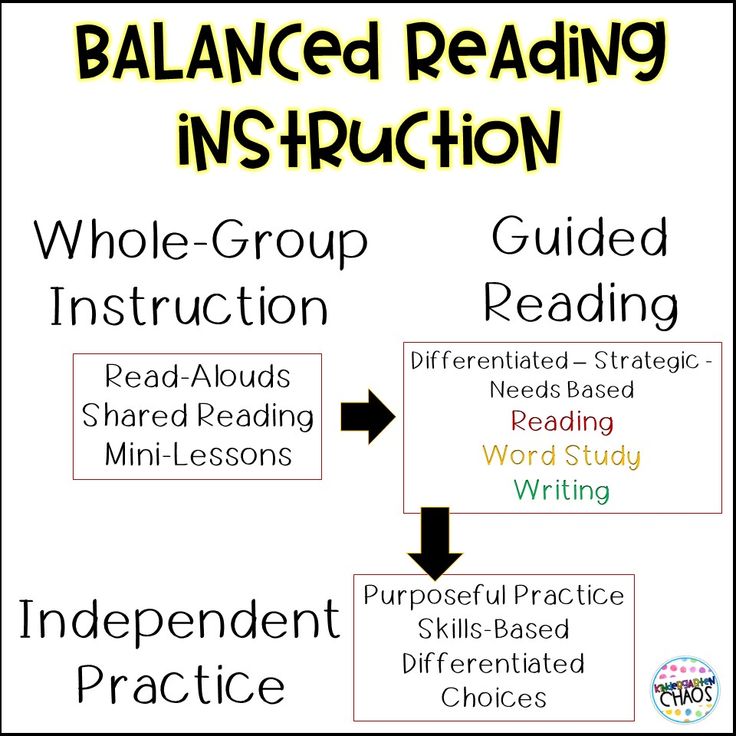
Emergent literacy preps your child’s brain with the skills they’ll need to learn how to read. And while this may sound complex, many emergent literacy skills develop naturally!
When your child points at something and you follow their direction or when you call their attention to noises, objects, or people in their surroundings by speaking to them, you’re helping your child develop emergent literacy skills.
You’re helping them acquire the same tools they’ll incorporate into their future learning, from reading their very first storybook to writing a master’s thesis.
Supporting Your Child’s Emergent Literacy Skills
Here are some fun and easy ways you can stimulate your child’s emergent literacy skills at home.
Read Aloud
Reading aloud is the most effective way for a child to learn to love books and the power of stories. Loving to read begins with loving to listen to stories!
Our team at HOMER believes that investing in read-aloud sessions with your child substantially improves many of the skills they need on their lifelong reading journey.
For emergent readers, there are few things more wonderful (or effective) than sitting down with mom or dad and uncovering the worlds that live between the covers of a book.
With you as their guide, your child will grow more confident and reassured as they gradually learn about the things they love (like how many different types of dogs exist or how the sky makes rainbows).
Reading aloud to your child also helps strengthen their imagination and build their curiosity. While listening to you recount the wonderful world inside of a story, your child’s mind will be actively running through images, scenarios, and all the colorful possibilities that lie beyond the page.
Reading aloud is one of the easiest, most rewarding ways for you to bond with your child while helping them learn. Consider that by reading aloud to them and encouraging their participation, you are empowering them as learners.
Additionally, you will reap the benefits of understanding their interests more deeply, engaging with their budding imagination, and instilling confidence in their learning process.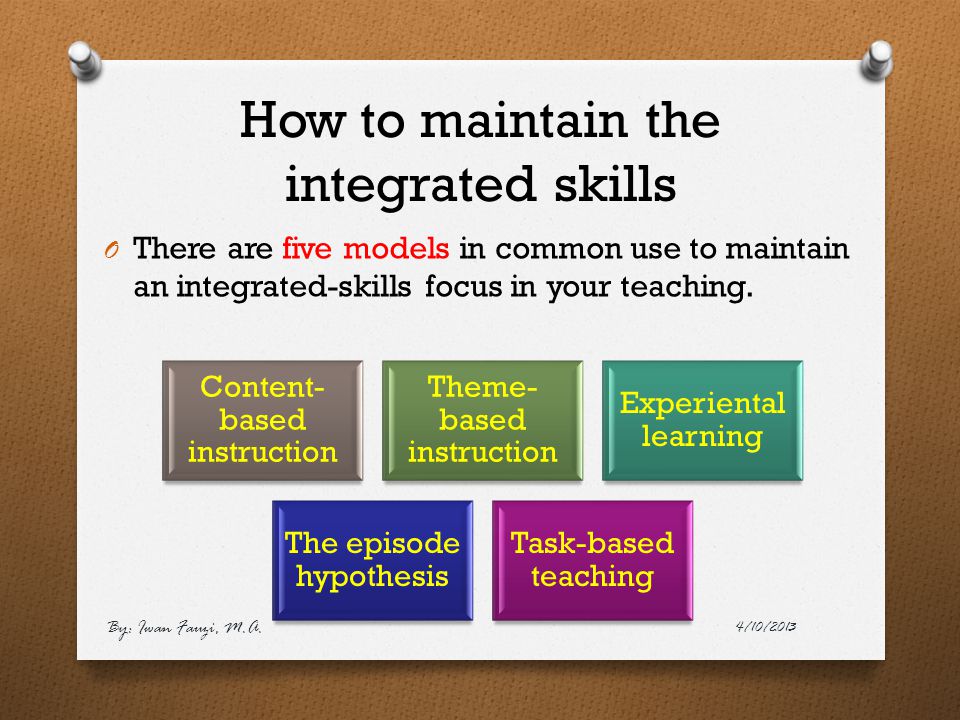
Let Your Child Take Charge
As your child grows, their sense of independence and autonomy continues to develop. While we know these early years are precious, we also know you’re hopeful your child will grow into a strong, independent learner who reads well and frequently.
Allowing your child to assert their unique personality and independence every now and then can be beneficial in engaging their emergent literacy skills.
These moments may seem small at first, but even the simplest freedoms in your child’s routine can have huge impacts on their individualism! It’s all about allowing your child to exert a certain amount of control over their reading time.
For example, instead of you turning the pages during your reading time together, allow your child to dictate when the pages should be turned. This may take some getting used to for them as they learn the pace of reading aloud in conjunction with the words they see printed.
You can also let them experiment with narrating! Even if your child cannot read yet (we know they’re called emergent readers for a reason!), allowing them to use their toddler-talk through the story shows them that they will read one day not far away.
Finally, letting your child pick out the book you’ll read together is a great way to engage their sense of independence. It gives them something to look forward to while reading with you and also gives you insight into their interests.
If you find your child keeps reaching for the same book multiple times, don’t worry — rereading is highly beneficial, too!
Take Your Time
Don’t be afraid to slow it down for your child while you’re reading together, or even just in your daily speech.
We know we’re all guilty of it. For so long, our babies aren’t sure how to “properly” talk back yet, so there may be the occasional time when we find ourselves mumbling to our baby without really engaging them, or simply saying nothing at all!
Taking time to be more conscientious of the ways in which you talk to your child, especially in their very young years, can help them gain the skills they’ll need to read, speak, and write.
Especially when reading together, there’s no need to rush! We recommend taking your sweet time. Even if it’s just with one page of a book at a time, slow down and ensure your child is engaged.
Even if it’s just with one page of a book at a time, slow down and ensure your child is engaged.
Consider these questions:
- Does your child recognize every animal on a page?
- Do they know what color this character’s hair is or whose hair it resembles in your family?
- Do they know what sound a truck makes?
- When you say the word “surprise,” does your child react in a way that conveys understanding (throwing their hands up in exclamation or even clapping)?
Addressing these questions can help you and your child slow down and take in all the details that are in a story.
Keep The Conversation Going
If you like the idea of our last emergent literacy strategy, this one pairs perfectly with it!
We know half of the adventure in helping your child learn to read is figuring out what gaps in their understanding still need to be filled. The other part of the journey is keeping them engaged and interested and seeing how far your conversations with one another can go!
As your child expands their vocabulary and begins utilizing it, we encourage you to elaborate on the things they may point out to you. For example, if you’re walking together and they see a dog, they may point at it and say, “puppy!”
For example, if you’re walking together and they see a dog, they may point at it and say, “puppy!”
In any scenario like this, following up their observation with a cheer is great. Following up with more questions is even better! After affirming they saw the right thing (or correcting them if they mistakenly called it a kitty, for example), ask them about details and descriptions.
You could say, “Does this puppy have long ears? Yes, he does! Feel how soft his ears are. Isn’t his fur shiny, brown, and so soft? What a cute puppy.”
Injecting these details and descriptions into your conversations might feel silly, but it helps your child immensely!
By expanding on the image they identified, you’re directly contributing to their understanding of the scene in front of them. The next time they see a puppy in a park, they may take your lead and say, “Look! A big puppy!”
This progress shows that your child’s emergent literacy is growing!
Let Your Child “Write”
Emergent literacy incorporates writing as well as reading. This may sound a little crazy — how can your child write if they don’t know how to read yet?
This may sound a little crazy — how can your child write if they don’t know how to read yet?
While your child may not be able to correctly write out words, we certainly encourage you to let them try! Even if it’s just scribbling, allowing your child to practice “writing” gets their brain going in the right direction.
It also prepares them for what writing is really like and shows them that they have the power to put words on paper. There are stages of learning how to write, and scribbling is the first step!
Asking for your child’s help with writing out short tasks can boost their confidence and their excitement about learning to write. Good options include grocery lists, birthday cards, get-well-soon cards, thank you notes, or notes for their siblings and family.
Whatever keeps them excited and engaged is a great vehicle for motivating their writing skills!
Emergent Literacy Is Just The Beginning!
We know that emergent literacy is only the start of your child’s reading and writing journey.
While you and your child are probably thrilled at the idea of their eventual independence and confidence when it comes to handling books, it’s going to take some time. And that’s perfectly OK!
Every child is different and will learn how to read and write in their own time. The important part is enjoying the adventures you have together on the way there!
We hope our emergent literacy tips were helpful! If you ever want to change up your routine and explore new ways to touch on these skills, our Learn & Grow app is a great place to start! The personalized practices will give your child the tools they need for their learning journey.
Author
What to read for novice readers - ReadRate
Call of the cuckoo. Robert Galbraith
The Call of the Cuckoo by Robert Galbraith (pseudonym J. K. Rowling) is the book that started the famous series about the macabre detective Cormoran Strike. Critics called the collaboration between Strike and his assistant the best duo of modern detective fiction, and indeed, it is not known what captures more - the brilliant intrigue of the plot or the relationship between Kormoran and Robin.
Critics called the collaboration between Strike and his assistant the best duo of modern detective fiction, and indeed, it is not known what captures more - the brilliant intrigue of the plot or the relationship between Kormoran and Robin.
The book begins with the mysterious death of model Lula Landry - there is a version that she committed suicide, but not everyone believes in it. nine0003
Manyunya. Narine Abgaryan
Touching, funny, full of nostalgia for childhood stories about Manyun, written by the writer Narine Abgaryan, became a bestseller for several years in a row. The case when a simple and cute, in fact, a children's book is ideal for adults - while reading, you are guaranteed to remember the summer holidays and the smell of the dough that your grandmother put on pies.
Azazel. Boris Akunin
Boris Akunin's Detectives is a win-win option for those who want the book to captivate. Starting with "Azazel", the first book about the devilishly charming detective Erast Petrovich Fandorin, you will probably come to your senses by reading the last part of the series.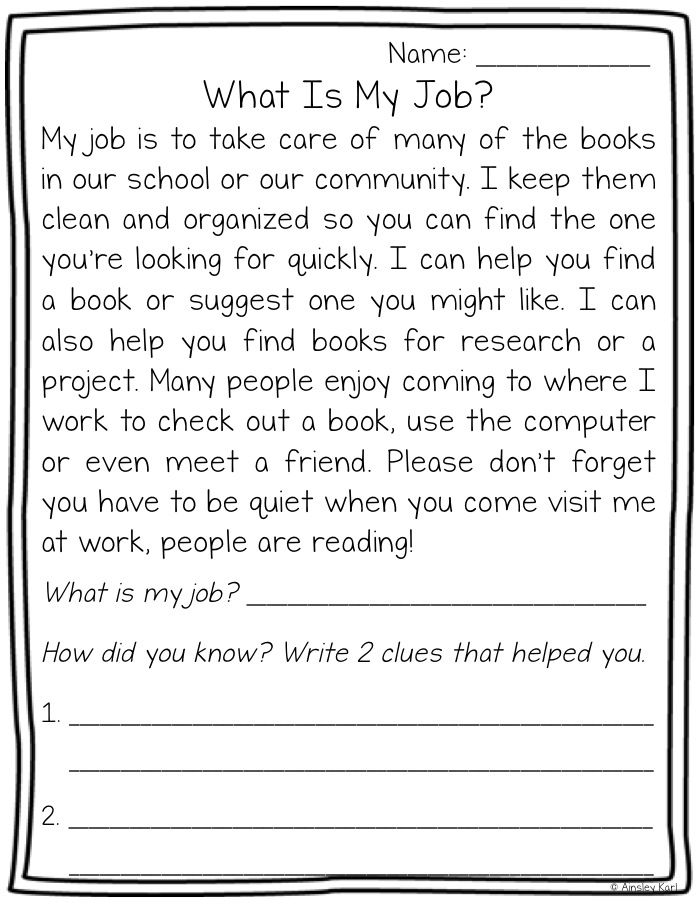 In which, for a second, fifteen volumes! nine0003
In which, for a second, fifteen volumes! nine0003
The Green Mile. Stephen King
Stephen King's books are fascinating. You read them, petrified with fear, with a pounding heart, but you can’t even think of closing the volume before the last line has been read. The Green Mile is one of the most famous novels of the King of Horrors, the basis of the film of the same name with Tom Hanks.
In this story, the writer takes us to the death block of one of the worst prisons in the United States.
Parsley syndrome. Dina Rubina
A recognized master of words, Dina Rubina writes long and cozy family sagas with many details and eloquent descriptions. Not everyone is captivated by this style of writing, but if you fell in love, do not rest until you read everything that comes out and came out from under her pen.
The "Petrushka Syndrome" tells the story of Petya, who since childhood is obsessed with two phenomena - the puppet theater and the beautiful red-haired Liza.
The Mysterious History of Billy Milligan. Daniel Keyes
An amazing novel based on true events. This well-structured, journalistically clear text tells about the fate of Billy Milligan - a man in whose mind 24 different personalities coexisted. Can you imagine what it is like when 24 completely different people “control” your mood and behavior - from a tiny girl to a sophisticated English esthete?
servant. Katherine Stockett
The Help is an incredible book! This is a captivating, lively and vivid story about African Americans working for white people in Jackson, Mississippi in the early 1960s. The novel was filmed in Hollywood and translated into more than 40 languages.
Fried green tomatoes at the Polustanok cafe. Fannie Flagg
Fried Green Tomatoes at the Whistle Stop Cafe Fannie Flagg describes seemingly very simple and even insignificant events - what can happen in a quiet, godforsaken American town near a railway station? However, it is worth reading a couple of pages, as you understand: the story that they tell us is beautiful and subtle, like life itself.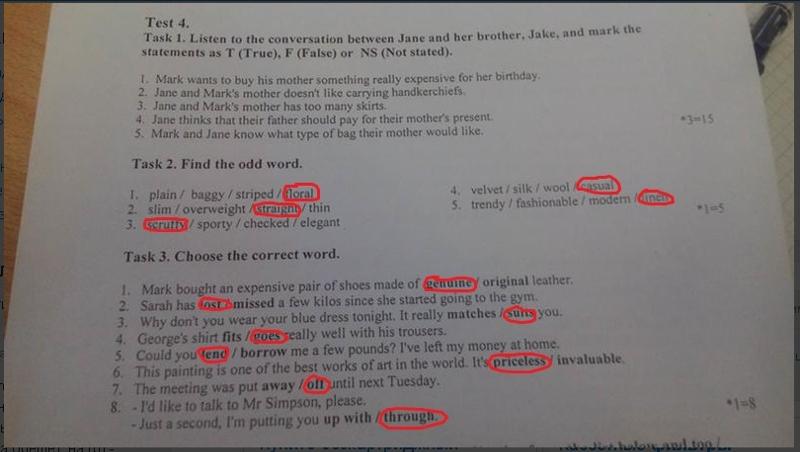 nine0003
nine0003
“This novel can be read both just for relaxation and for serious philosophical reflection. Or in order to remember: you can watch the sunset at least every evening, and for free, and it is always different ”(“ Literary Gazette ”).
Trouble is coming. Ray Bradbury
Ray Bradbury knows how to create an atmosphere. It varies from book to book. For example, in the novel Trouble is Coming, you will feel a dank, damp autumn wind, feel a gloomy, tickling sense of danger, and remember a vivid childish imagination that can see the silhouette of a stranger in the shadow of a branch. Wait, maybe it really is a stranger lurking around the corner? nine0003
This is a book about friendship, about childhood, but also about the struggle between good and evil that happens every hour in every person.
Bear corner. Fredrik Backman
Swedish Fredrik Backman's books are good because they are for everyone. If you are or have ever been a teenager, if you are a parent or plan to become one, if you love sports, if you live or have lived in a small town, if you love or have loved .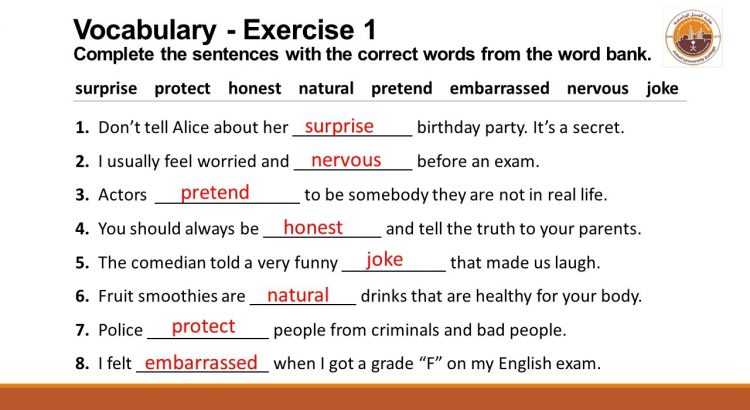 .. In general, in any situation and for any person Buckman will find the right words to captivate, console and give hope. nine0003
.. In general, in any situation and for any person Buckman will find the right words to captivate, console and give hope. nine0003
"Bear Corner" is a novel about the tiny northern town of Bjornstad, which seems to be breathing its last. The junior hockey team is about to play a life-changing match that could give the city a second chance. But shortly before the game, a terrible incident will happen that will affect the lives of almost all residents.
The best books for beginners (and not only) writers
Top 20 books that can help writers - experienced and not so - in the implementation of ideas and mastering writing skills. nine0003
“Classics are the basis of fun,” said the great ballet dancer Mikhail Baryshnikov. This applies to all creative professions. In order for the writer not to wait for the visit of a capricious muse, you can start working on a work by mastering traditionally successful techniques and other people's writer's "secrets of success". And then - to improvise, creating unique stories, novels, novels, and so on. Based on the feedback from users of the largest online e-book and audio book service LitRes, we have prepared top 20 books that can help writers - experienced and not very experienced in the implementation of ideas and the development of writing skills.
Based on the feedback from users of the largest online e-book and audio book service LitRes, we have prepared top 20 books that can help writers - experienced and not very experienced in the implementation of ideas and the development of writing skills.
-
Create your own universe.
How to invent stories, characters and develop imagination.
Greg McLeod, Miles McLeod
If you've ever dreamed of writing a screenplay, directing a movie, television series, or writing a book, you know how hard it is to know where to start and... how to proceed. The McLeod brothers invite you to relax and with a smile complete the creative tasks in this book to look at your creativity in a new way, become inventive and build your own universe brick by brick. nine0003
Create your own universe. How to invent stories, characters and develop imagination. Greg McLeod, Miles McLeod
-
The Writer's Odyssey: How to find inspiration and meet deadlines.
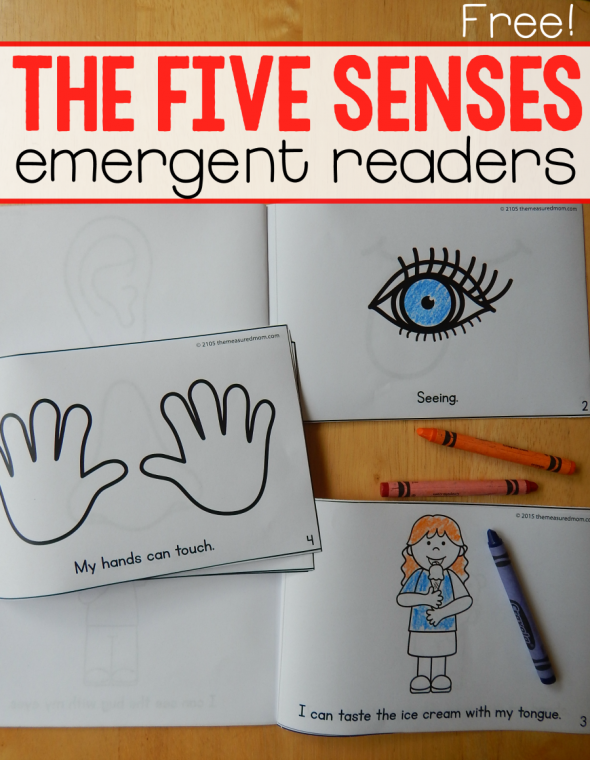 Kendra Levin
Kendra Levin
When you have to write something longer than one sentence, the hardest part is not inspiration. It is much more difficult to force yourself to regularly sit down and write until the desired work is ready. Write, despite laziness, doubts, unfortunate advisers, your own perfectionism and excuses. nine0003
Kendra Levine, Life Coach and Literary Editor, teaches you how to go from idea to writing in A Writer's Odyssey. You will enjoy the process without losing touch with the outside world, and at the same time discover new facets of your own talent.
Writer's Odyssey: How to find inspiration and meet deadlines. Kendra Levine
-
Let Me Out: How to unleash creativity and bring ideas to life.
 nine0042
nine0042
Peter Himmelman
Are you afraid of what you dream about?
This question is not only about your dream of going on vacation or doing morning exercises. Peter Himmelman offers you another height - to make your most cherished, most incredible and audacious aspirations possible.
Why does our inner critic so often mistake dreams for threats and prevent them from being fulfilled? Why is it so much easier to dampen your creative impulses instead of helping them come true? nine0003
And what if you could change that?
In this book, musician and composer Peter Himmelman shares his own creative techniques to help you get out of a creative block, unleash your talent, calm your inner critic, tidy up your goal list, and make your wildest dreams come true.
Let me out: how to unleash creativity and bring ideas to life. Peter Himmelman
-
Creating a bestseller.
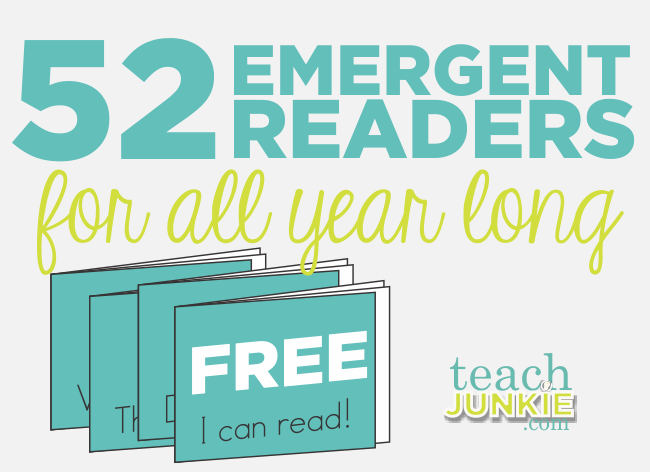 Step by step to an exciting story, a strong scene and a solid composition. Martha Alderson
Step by step to an exciting story, a strong scene and a solid composition. Martha Alderson
Martha Alderson, author of many books and courses on writing, has found the tools to customize her artwork. The main ones were the plot outline and the episode grid. They are in the active arsenal of successful writers and make their books dynamic and exciting. The book is dedicated to them. By learning how to use this toolkit, you, too, can create a memorable story, and perhaps a future bestseller. nine0003
Creating a bestseller. Step by step to an exciting story, a strong scene and a solid composition. Martha Alderson
-
Start writing. 52 tips for developing creativity. Grant Faulkner
How do I start writing my story? What to do when the right words are not found? Grant Faulkner, Executive Director of National Novel Writing Month, has created a simple and comprehensive guide of tips, tricks, and exercises for writers of all skill levels. The book will inspire, awaken creativity and help you take the next step in creating a literary masterpiece. nine0003
The book will inspire, awaken creativity and help you take the next step in creating a literary masterpiece. nine0003
-
Living text. How to create deep and believable prose. Karen Wiesner
Karen Wiesner, an accomplished author with over 120 published works, offers a powerful methodology for writing compelling, memorable, and profound fiction, whether it be a short story, a novella, or a novel. You will learn how to create captivating stories, detailed scenes and characters in realistic settings. Case studies from classical literature, pivot tables and other work materials, as well as various practical exercises will help you master and improve your writing skills. The book will be of interest to both beginners and established writers, as well as to all lovers of fiction. nine0003
Living text. How to create deep and believable prose. Karen Wiesner
-
Morning magic for writers.
 How to write better and earn more.
How to write better and earn more.
Hal Elrod , Steve Scott , Honorie Korder
Being a writer is not as easy as many people think. You need to be diligent, be able to build a work schedule and constantly motivate yourself. This does not always work out and not for everyone. There are many reasons - from fatigue to the wrong daily routine. Have you noticed how your productivity changes throughout the day? For example, in the morning it is at a high level, by the afternoon it decreases, by the evening it increases again. If you miss or simply oversleep the morning burst of energy, further work can become completely unproductive and will be done through force. And that doesn't suit us. nine0003
Writers Morning Magic teaches you how to become a morning person in five minutes, how to create your own writing ritual, why you should collect and write down all your good ideas, how to create content regularly, and even how to monetize it.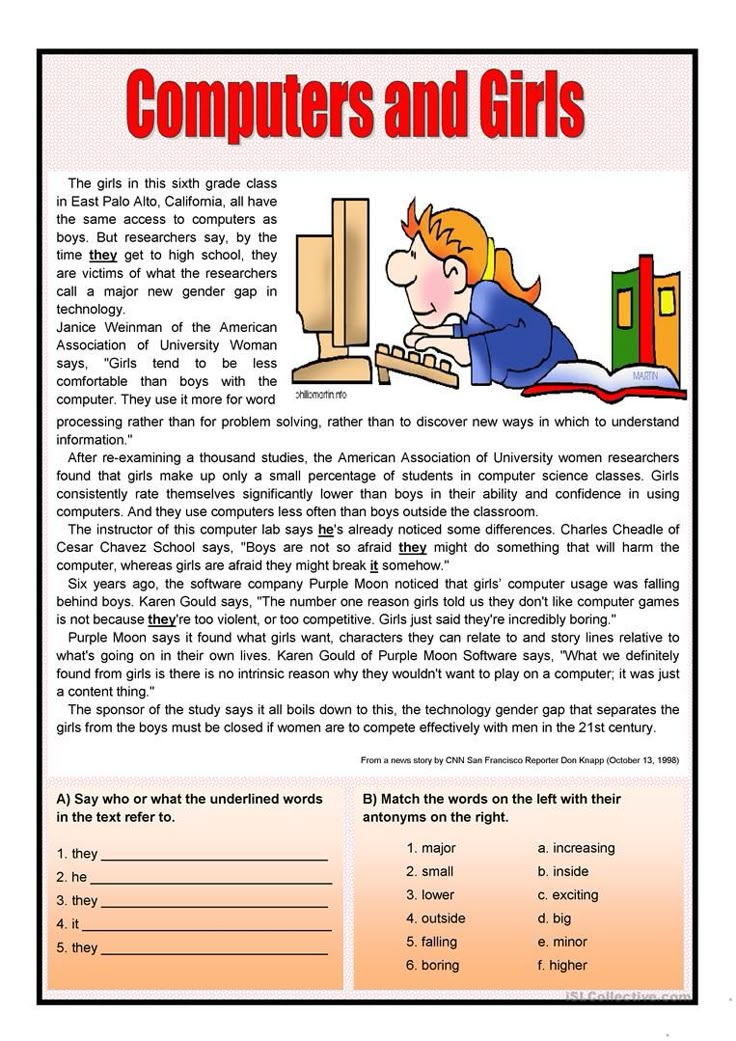
Many people underestimate the importance of morning in the work of a writer. And this book is designed to fix that. You will be surprised how much your creative productivity will increase and how easy it will be to lure the muse. Buy, download or read online the book "The Magic of the Morning for Writers" in the No. 1 electronic and audio book service in Russia and the CIS LitRes. nine0003
The magic of the morning for writers. How to write better and earn more. Hal Elrod, Steve Scott, Honorie Korder
-
Creative hack. How to see what others do not see. Michael Mikalko
In this book, leading creativity expert Michael Mikalko shows you how creative people think—and how you can use their secrets to create new ideas and come up with innovative solutions.
This book will be an excellent addition to the author's previous work, The Rice Storm, with many new examples from the works of famous thinkers and exercises for applying their methods in your practice.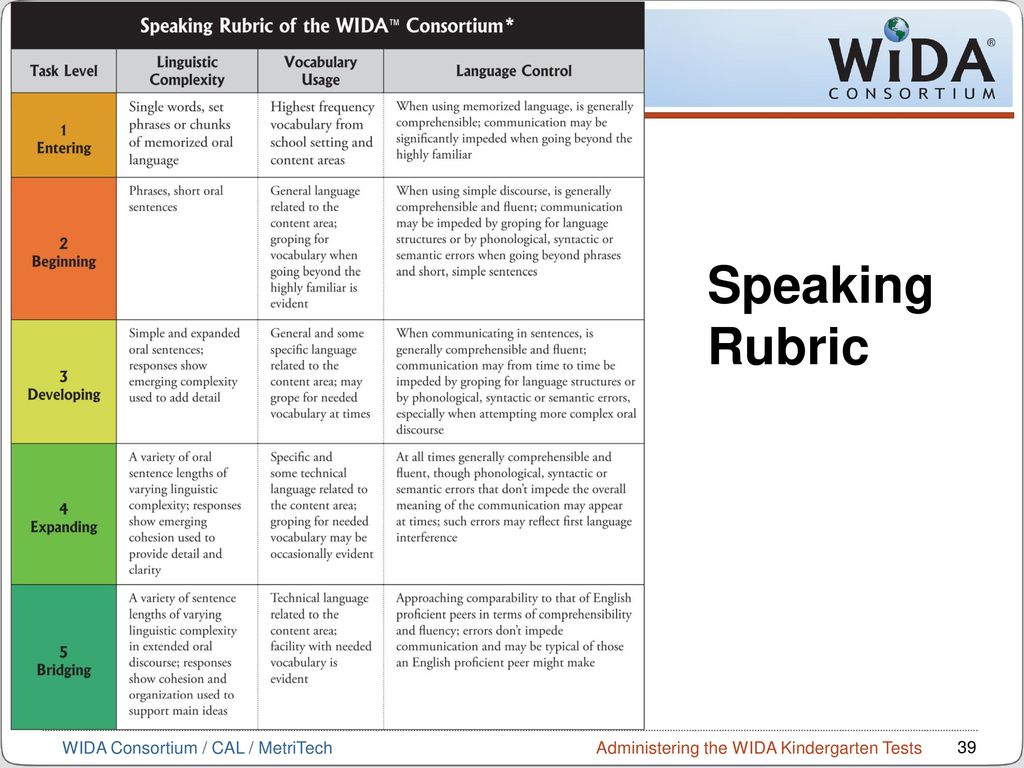 nine0003
nine0003
Creative hack. How to see what others do not see. Michael Mikalko
-
52 ways to write a bestseller. How to become a famous writer.
Alexander Gordon Smith
Renowned UK publisher Alexander Gordon Smith's book includes powerful ideas and helpful tips to help you become a sought-after writer. The author's fascinating and inspiring presentation makes it possible to understand in which direction to move on if you have just entered the thorny path of writing a book or stopped at a crossroads. The book will give you a chance to create a work based on your own emotions and thoughts, avoiding clichés and platitudes. The author's recommendations, based on his personal experience as a writer, editor and publisher, will help you create your own work of fiction and write a real bestseller. nine0003
52 ways to write a bestseller. How to become a famous writer.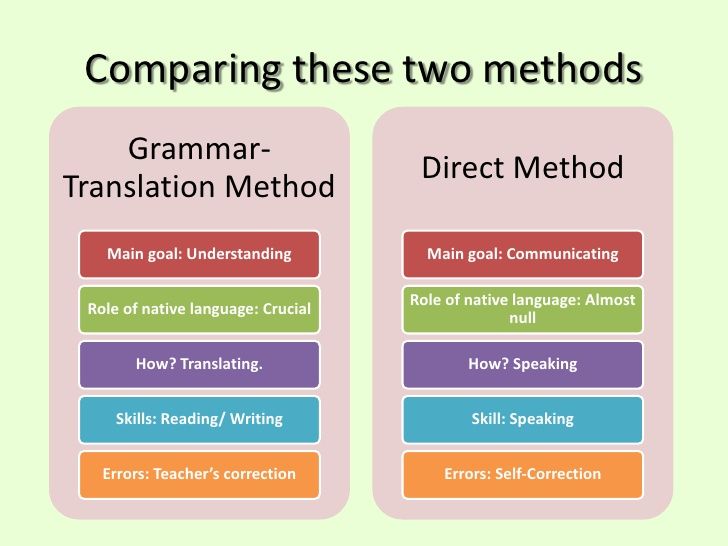 Alexander Gordon Smith
Alexander Gordon Smith
-
250 daring tips for a writer. Chuck Wendig
250 Daring Tips for a Writer is a booze-soaked, witty, and honest zen take on writing. The book contains succinct, bold, sometimes obscene, but outrageously inspiring advice from the writer and screenwriter Chuck Wendig. How to patch up plot holes and not ruin the dialogue? Why do you need a character with rot? Why should the first draft of a novel be written as God pleases? The author will not stand on ceremony with you - he will take you by the scruff of the neck and drag you through the entire literary process, instructing you along the way: "the first goal is to finish the shit that you started", "too many participants only spoil the orgy", "inflated descriptions - from your inflated ego," and "explanation is the sand in the underpants of history." Believe me, you have never seen such books about writing.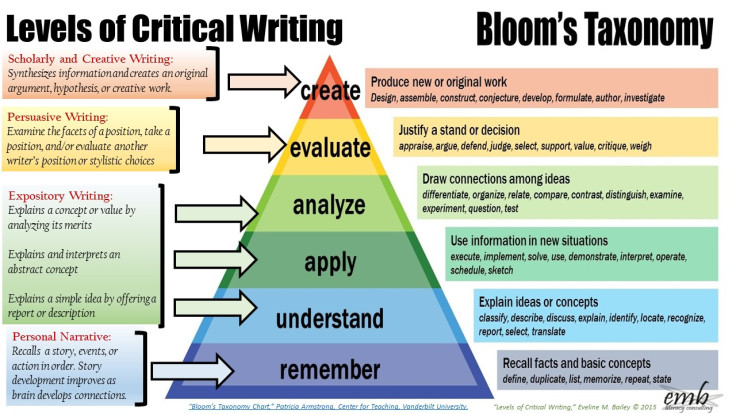 nine0003
nine0003
250 daring advice for a writer. Chuck Wendig
-
From the first sentence: How to captivate the reader using cognitive psychology. Lisa Krohn
If you're going to write a book, be aware that your impeccable style, beautiful metaphors, vivid characters, authenticity of events may not work if the story itself is not interesting. The story should intrigue and keep the reader's attention to the last sentence, because our brain perceives such stories as life experiences necessary for survival. All the masterpieces of world literature are built on this principle. Knowing about the reactions of the brain to a particular plot move - for example, about its ability to project the problems of the characters onto its owner and subconsciously look for the best way out of a difficult situation, or about the desire to understand other people's mistakes in order to make fewer of their own - you can design a bestseller.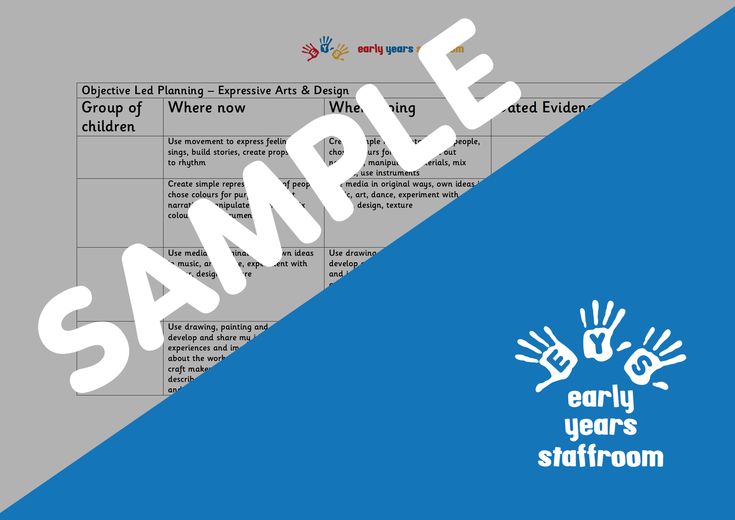 nine0003
nine0003
Lisa Kron, based on the latest developments in neuroscience and cognitive psychology, gives writers very important tips and tricks. Written with subtle humor and deep knowledge of the topic, From the First Phrase, you will also find examples from novels, screenplays, and short stories. Each chapter discusses one of the aspects of the brain and gives advice on applying this knowledge in practice.
-
School of Literary and Screenwriting: From idea to result: stories, novels, articles, non-fiction, scripts, new media. Jurgen Wolf
Have you ever wanted to write a book, a short story, or a play, but didn't know where to start? Or maybe you are not sure that you can come up with an exciting plot and vivid characters? Whatever is holding you back from becoming a writer, The School of Writing will solve your doubts.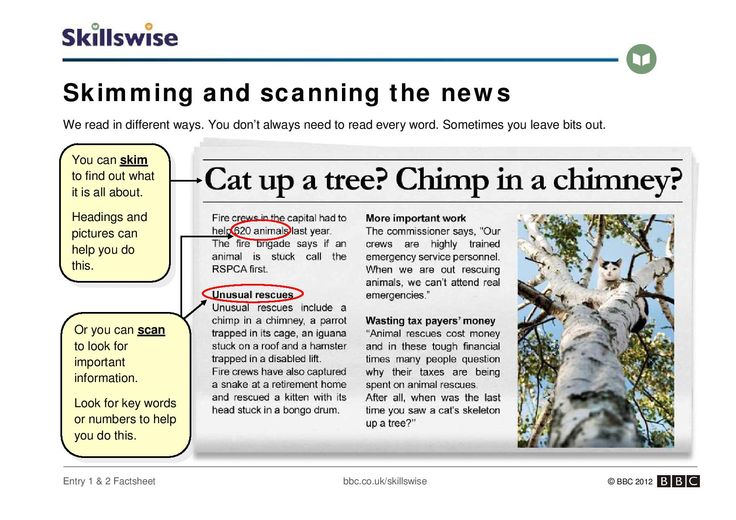
Jürgen Wolff's classic guide not only talks about the art of storytelling, but also about how to organize your time and get things done, how to overcome indecision and turn your inner critic into a constructive adviser. The book is a revised and expanded edition of The School of Writing and includes up-to-date information on screenwriting, social media and e-books, as well as a new section with practical recommendations for a wide variety of literary projects. nine0003
School of Writing and Screenwriting: From idea to result: short stories, novels, articles, non-fiction, screenplays, new media. Jurgen Wolf
-
Writing! 43 secrets of inspiration. Alexander Molchanov
The book from Alexander Molchanov, the author of the bestseller "A Primer of the Screenwriter", will appeal to everyone whose work or hobby is somehow connected with writing texts. This book is for those who "do not write". It contains 43 very simple techniques that will help you to significantly increase your creative productivity. Learn the secrets behind the inspiration of the famous screenwriter, playwright, novelist and teacher. nine0003
This book is for those who "do not write". It contains 43 very simple techniques that will help you to significantly increase your creative productivity. Learn the secrets behind the inspiration of the famous screenwriter, playwright, novelist and teacher. nine0003
Writing! 43 secrets of inspiration. Alexander Molchanov
-
How to become a popular author. Ekaterina Inozemtseva
months of writing and alterations of written, painstaking work on promoting own book-this is how the career of the business agent of the Foreign Earth. nine0003
Three years later, 1287 students studied at the school of writing founded by Ekaterina, 2709 articles were born, 1756 of which were published by major media. And most importantly: each of the graduates received knowledge about how writing helps to develop a personal brand.
This book is the author's experience in creating useful and interesting content, interacting with the media and finding your popularity code.
How to become a popular author. Ekaterina Inozemtseva
-
Steal like an artist: 10 lessons in creative expression. Austin Cleon
“Stream as an artist” is a well -known bestseller of the young writer and artist Austin Cleon, in which he gives 10 lessons of creative self -propeling.
You don't need to be a genius, just be yourself! Creativity is present in everything and accessible to everyone - this is Austin's main idea. There is nothing original in the world, so do not reject other people's influence, collect ideas, think over them again, arrange them in a new way in search of your own path.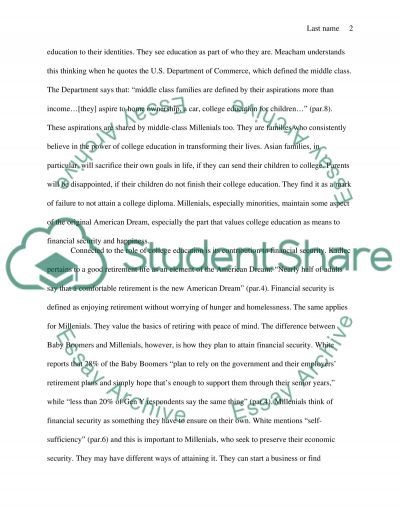 Follow your interests wherever they take you and let your creative self run free! nine0003
Follow your interests wherever they take you and let your creative self run free! nine0003
This positive, original book will help anyone who wants to bring creativity into their work and into their lives.
Steal like an artist: 10 lessons in creative self-expression. Austin Kleon
-
Dialogue: The Art of the Word for writers, screenwriters and playwrights. Robert McKee
Robert McKee - American screenwriter, one of the world's most famous and authoritative teachers of screenwriting, author of the famous bestseller "The Story of a Million Dollars", reveals the secrets of creating a dramatic dialogue, starting from its function, content, form and speech technique actors.
You will learn how, by putting words into the mouths of the characters, to make them alive, to endow them with voices that the viewer and reader will follow relentlessly, learn the art of connecting "two silent areas: the inner life of the hero and the inner life of the reader-spectator. " This is a textbook-study that examines both the most effective techniques of "dialog writing" and the mistakes that await the author in the process of work, including clichés, verbosity and implausibility. If you are just beginning your literary experiments, the book will show you the way to mastery; as a professional writer, it will help to take an important step towards excellence. nine0003
" This is a textbook-study that examines both the most effective techniques of "dialog writing" and the mistakes that await the author in the process of work, including clichés, verbosity and implausibility. If you are just beginning your literary experiments, the book will show you the way to mastery; as a professional writer, it will help to take an important step towards excellence. nine0003
Dialogue: The art of the word for writers, screenwriters and playwrights. Robert McKee
-
A writer's journey. Mythological structures in literature and cinema. Christopher Vogler
The basis of any exciting history - whether it is a fairy tale, a plot for a novel or a filmstream - there is a trip of Hero: the internal or external. This idea became a guiding star for Christopher Vogler when, while working in the story department of the Disney studio, he tested in practice the effectiveness of the mythological schemes described in Campbell's famous work "The Hero with a Thousand Faces". Later, a practical guide written by Vogler for colleagues turned into a classic textbook, which is not only a must-read for future writers and screenwriters, but has not lost its leading position among many books of this kind for decades. In The Writer's Journey, the author invites the reader to explore the shaky boundaries between myth and the modern art of storytelling, warning of the difficulties and dangers of traveling into the depths of one's own soul, and equipping one with useful tools that, in the hands of a skilled craftsman, acquire incredible power. nine0003
Later, a practical guide written by Vogler for colleagues turned into a classic textbook, which is not only a must-read for future writers and screenwriters, but has not lost its leading position among many books of this kind for decades. In The Writer's Journey, the author invites the reader to explore the shaky boundaries between myth and the modern art of storytelling, warning of the difficulties and dangers of traveling into the depths of one's own soul, and equipping one with useful tools that, in the hands of a skilled craftsman, acquire incredible power. nine0003
A writer's journey. Mythological structures in literature and cinema. Christopher Vogler
-
Bird by Bird: Notes on Writing and Life in General. Ann Lamwit
One of the most popular books on the writer from a professional author.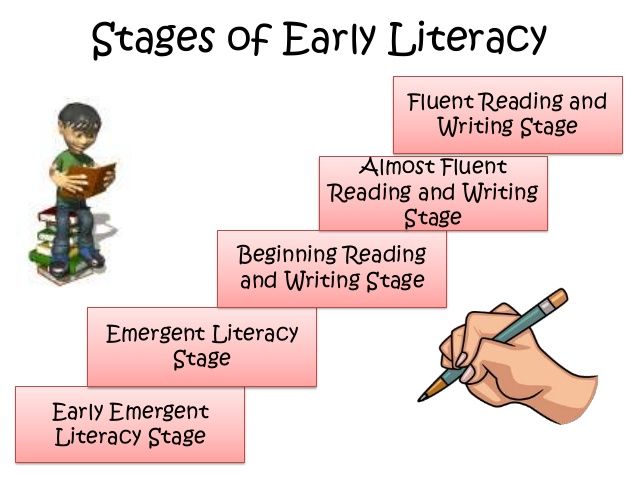 Frankly and with humor, Anne Lamotte tells about the real life of the writer, which has little to do with literary parties. Reality is creative crises, envy and desperate battles for every paragraph. This book has stood the test of time - almost twenty years have passed since the first edition, and it still occupies the first lines in the Amazon sales ratings. A book for those who want to express themselves in words, but do not know where to start. And also for marketers, copywriters, bloggers and everyone who has to write a lot. nine0003
Frankly and with humor, Anne Lamotte tells about the real life of the writer, which has little to do with literary parties. Reality is creative crises, envy and desperate battles for every paragraph. This book has stood the test of time - almost twenty years have passed since the first edition, and it still occupies the first lines in the Amazon sales ratings. A book for those who want to express themselves in words, but do not know where to start. And also for marketers, copywriters, bloggers and everyone who has to write a lot. nine0003
In the first part of the book, you will have to go through the “writer's path”: from creating a novel to publishing it. Where to start, how to overcome writer's block, where to get ideas, themes, compelling characters, and how to find your style. You will learn about the pitfalls of self-publishing and the peculiarities of working with a publishing house. The second part of the book is dialogues about the craft with famous writers, in which they share their fears and doubts, tips and secrets of craftsmanship.
And remember that no book will teach you how to be a writer, but after reading this book and analyzing the experiences of great writers, you may understand how to become one. nine0003
Write Fast, Edit Fast: The Complete Guide to Writing a Great Novel. Writers experience. Yegor Appolonov
and the leader of our rating - with a significant margin, the best manual for novice writers and the literary skill textbook was the book:
10 10 10 10 10 10 10 10 10 10 10 10 0 0 0 0 0 0 1 Alexander Prokopovich
Fantasy filmmakers love to place their characters in virtual worlds. The physical body only slightly twitches, and it seems to the heroes that they are running through the mountains and valleys, saving someone, saving themselves .

